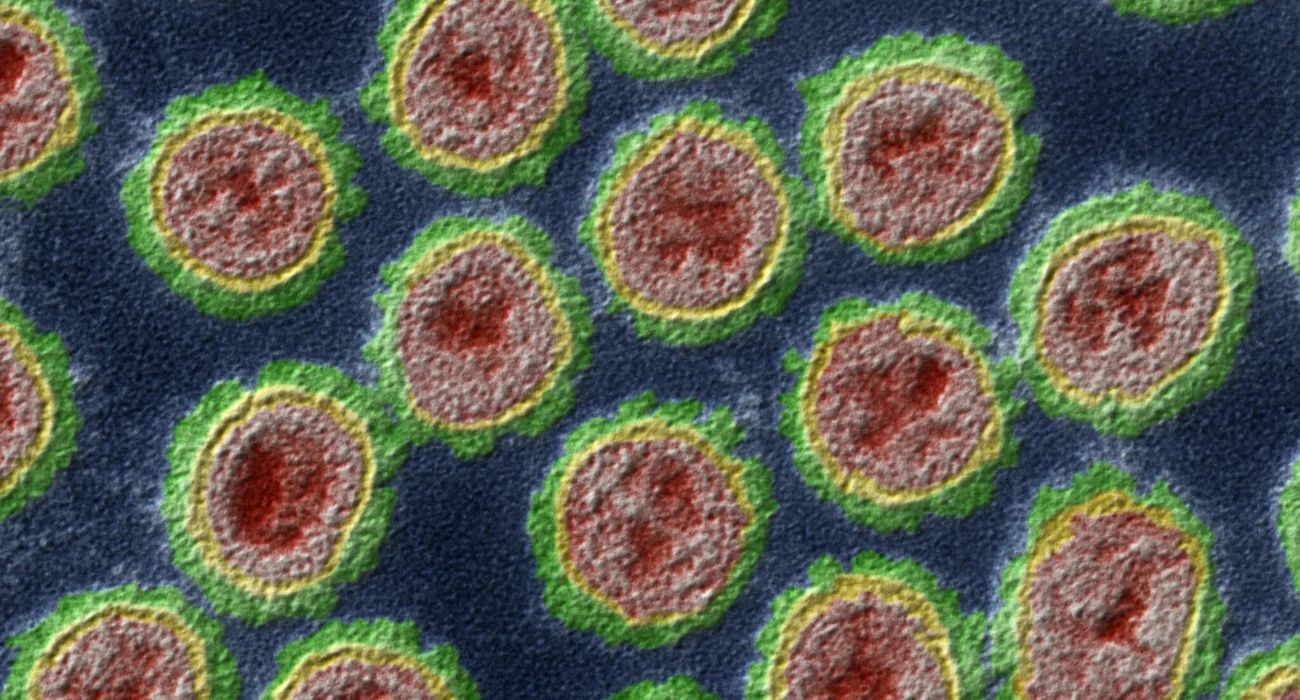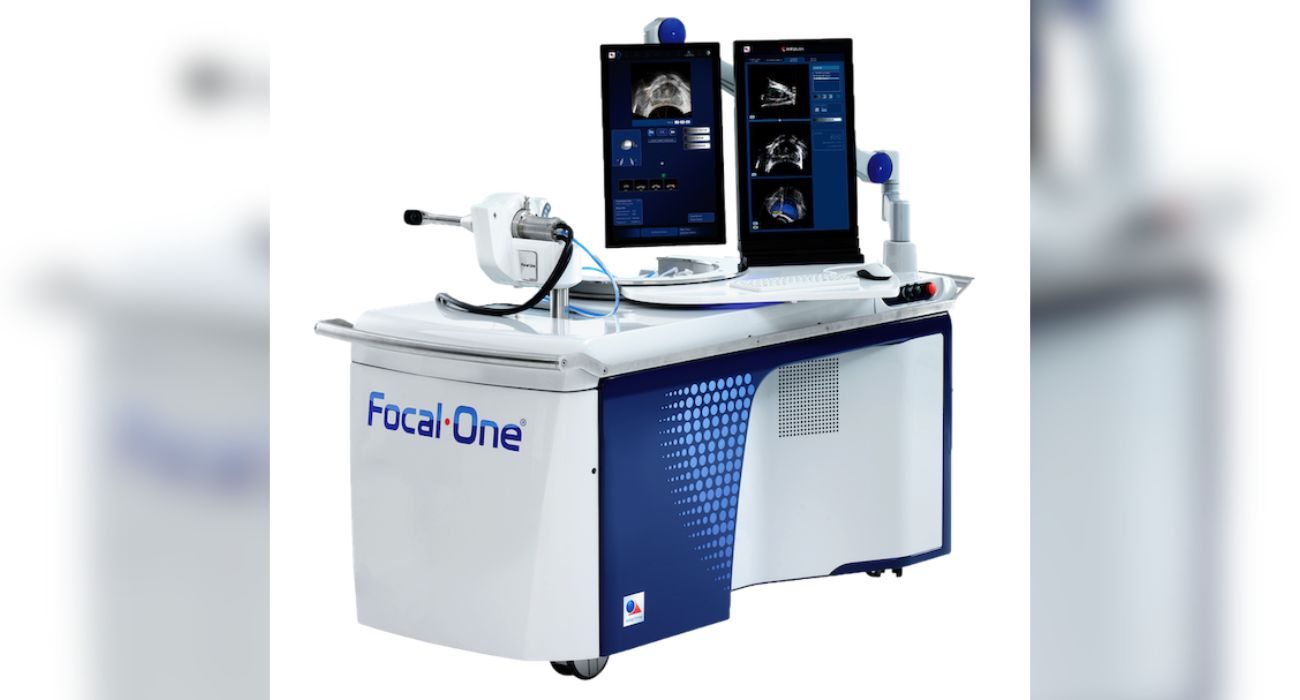Scientists have discovered thousands of previously unknown viruses within infant stool samples.
Researchers at the University of Copenhagen released the results of a new study that sought to better understand how many microorganisms in the gut are at work within the bodies of young children.
Alongside senior author Dennis S. Nielsen, researchers looked at 647 Danish 1-year-olds in a long-term study analyzing chronic inflammatory diseases and asthma. Researchers gathered data for this study from stool samples in dirty diapers.
The researchers were surprised to find an extensive collection of previously unidentified viruses in these samples.
“Not just thousands of new virus species — but to our surprise, the viruses represented more than 200 families of yet to be described viruses,” said Nielsen, according to a press release from the university.
“This means that, from early on in life, healthy children are tumbling about with an extreme diversity of gut viruses, which probably have a major impact on whether they develop various diseases later on in life,” he continued.
Researchers discovered about 10,000 viral species spread among 248 viral families. Of these 248 families, only 16 had been previously known.
The viruses, however, appear to be benign for the most part.
Researchers reported that about 90% of these new viruses are bacteriophages, which only interact with bacteria and not human cells. As such, the prevailing theory is that these microorganisms are, in fact, beneficial.
“Our hypothesis is that, because the immune system has not yet learned to separate the wheat from the chaff at the age of one, an extraordinarily high species richness of gut viruses emerges, and is likely needed to protect against chronic diseases like asthma and diabetes later on in life,” explained Shiraz Shah, first author of the study, in the press release.
Scientists have yet to determine where these microorganisms originated, postulating that they may have come from the child’s surroundings, given that babies are born with a sterile gut.
Researchers hope to use this research to better understand inflammatory illnesses and diseases such as arthritis and even depression.
“So, if we learn more about the role that bacteria and viruses play in a well-trained immune system, it can hopefully lead us to being able to avoid many of the chronic diseases that afflict so many people today,” said Shah in the press release.






